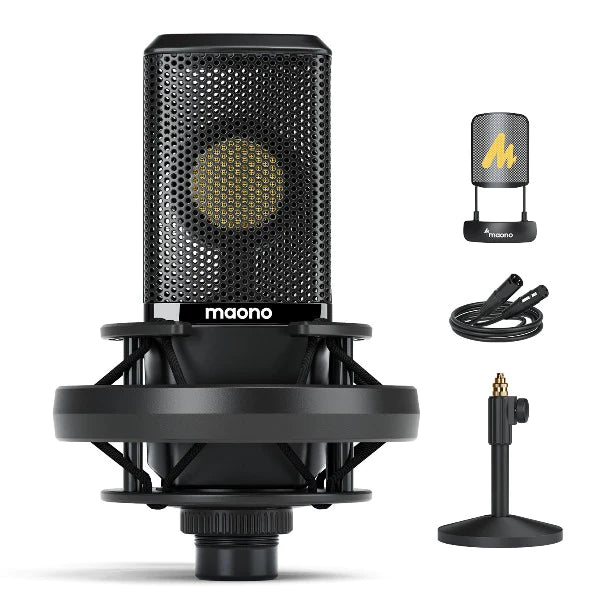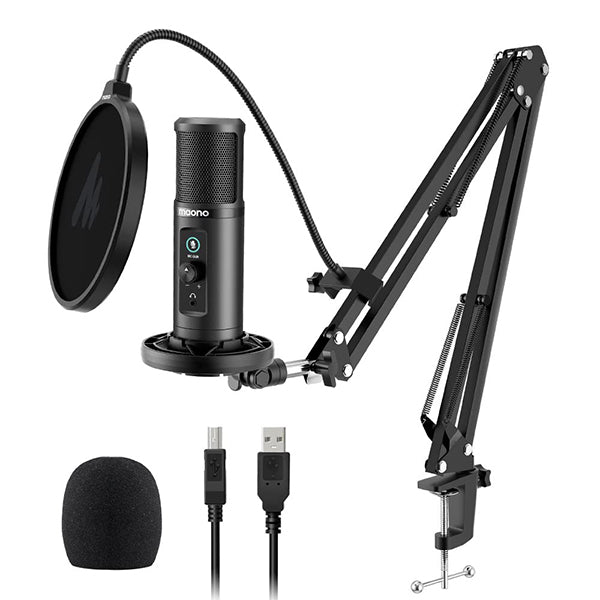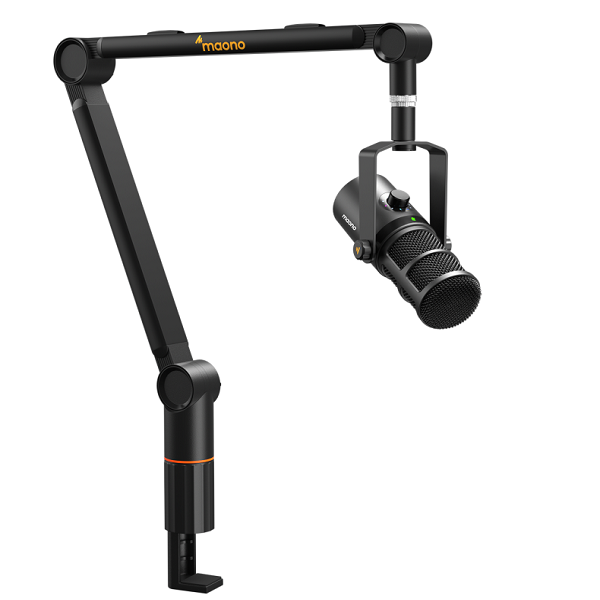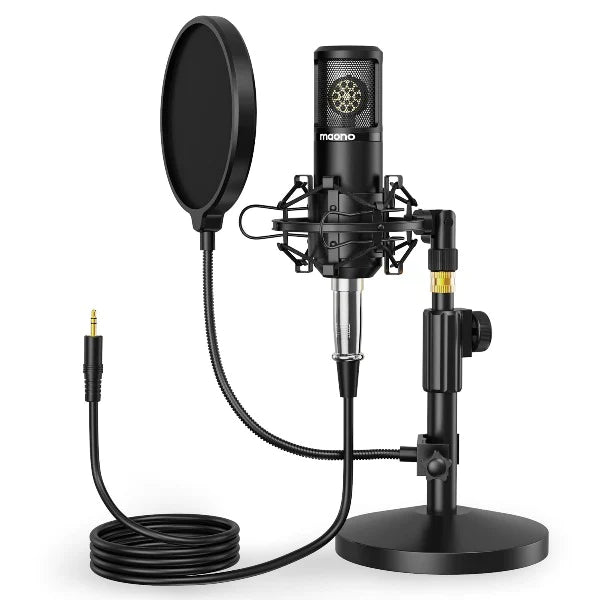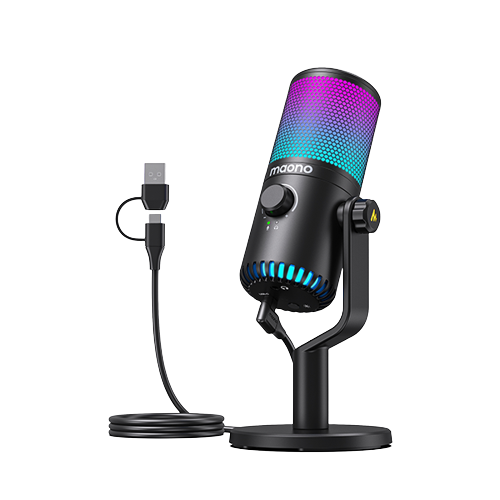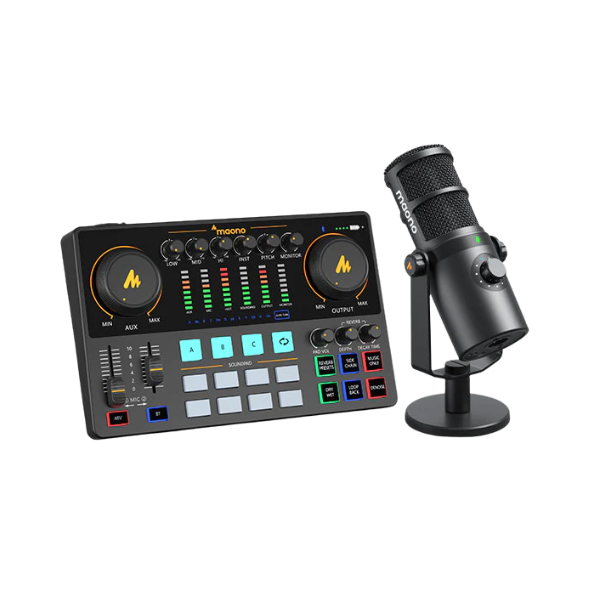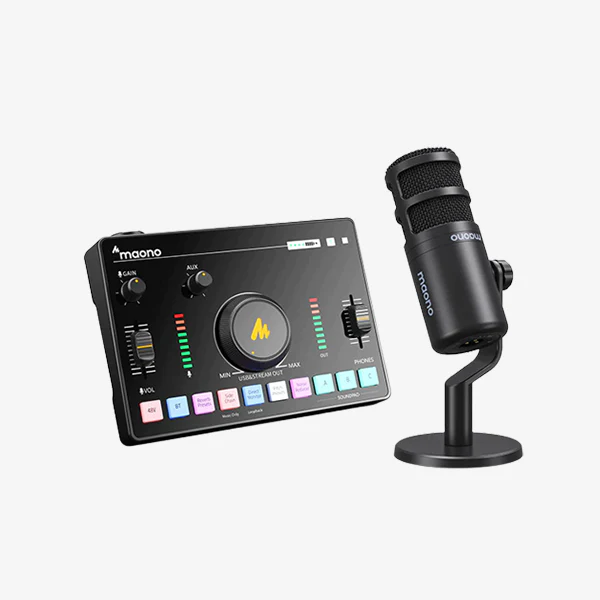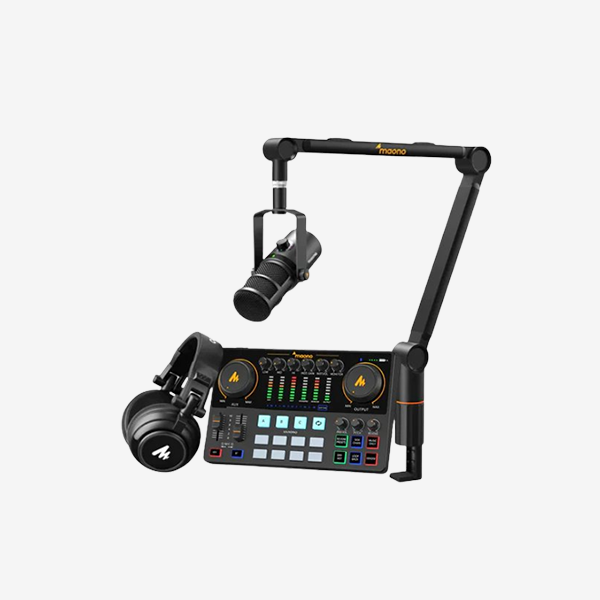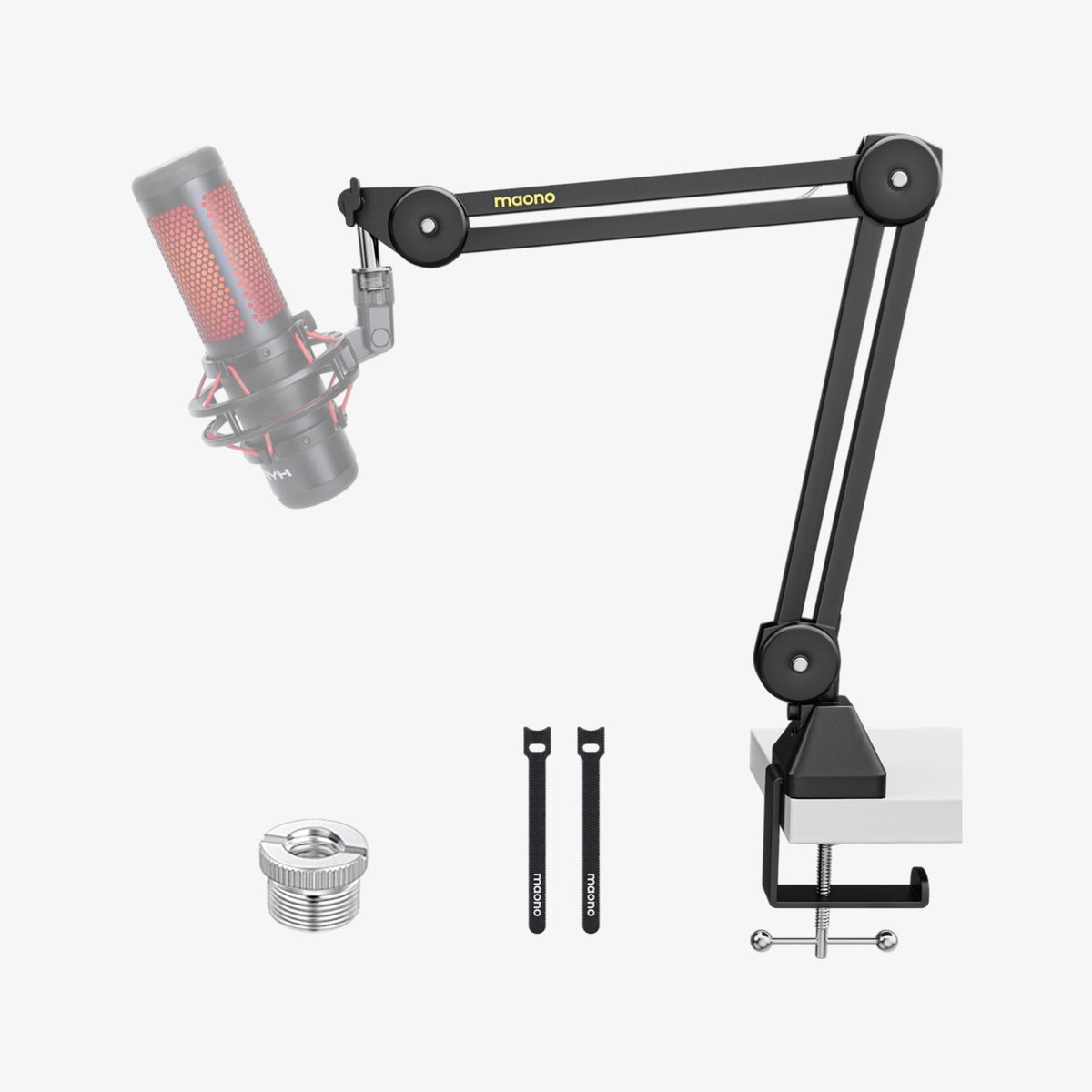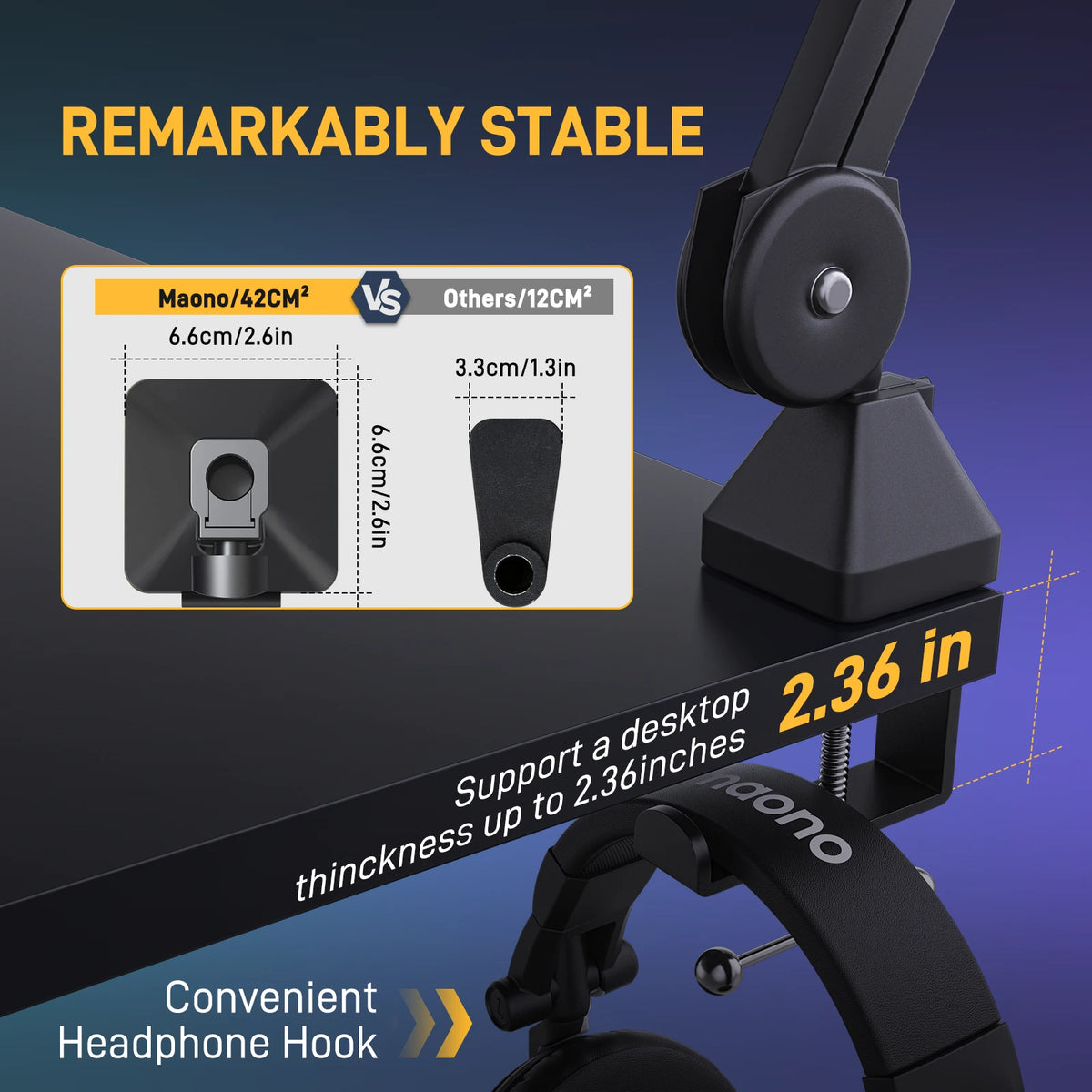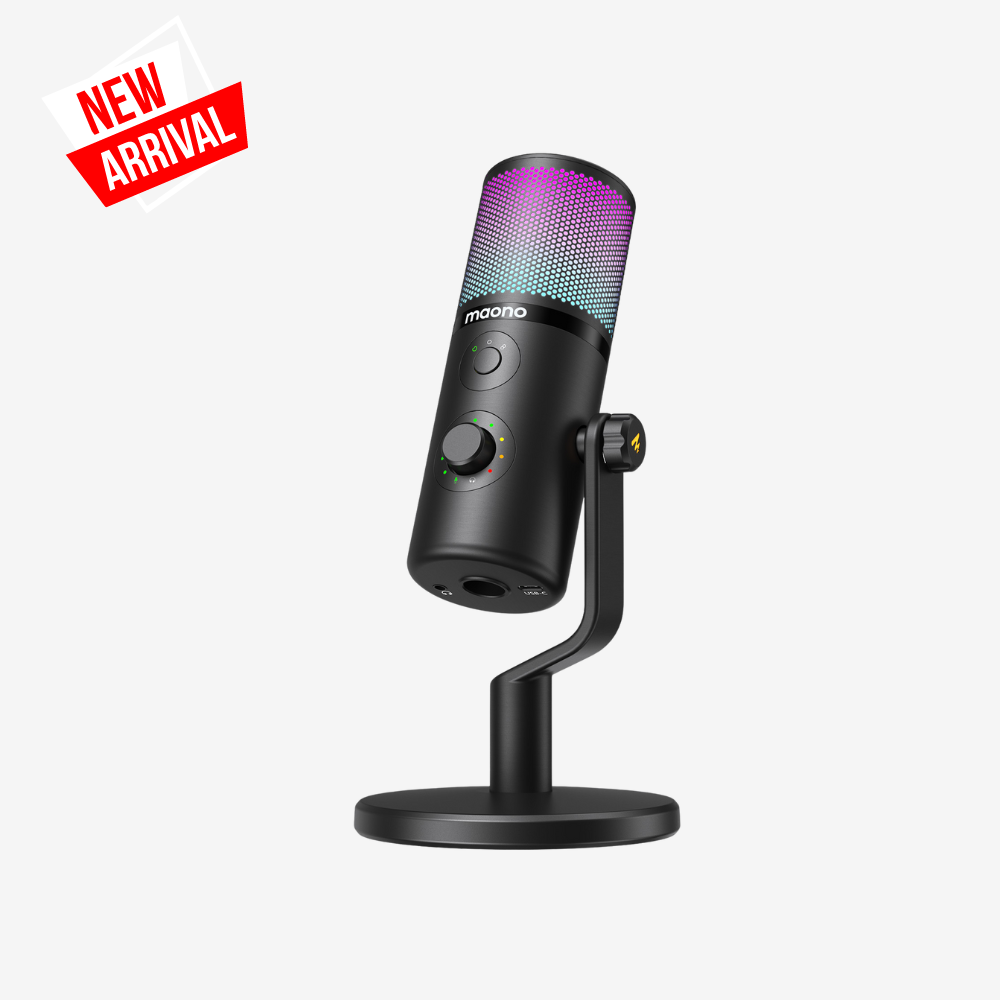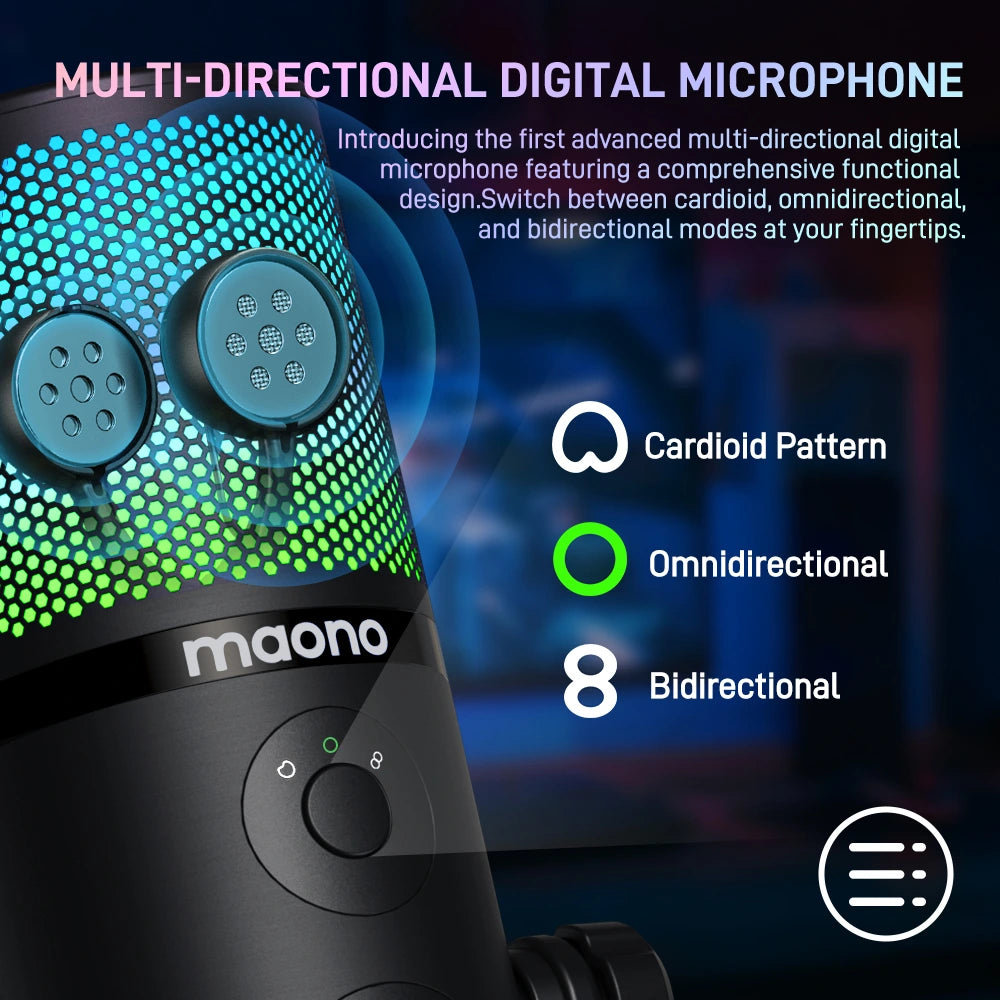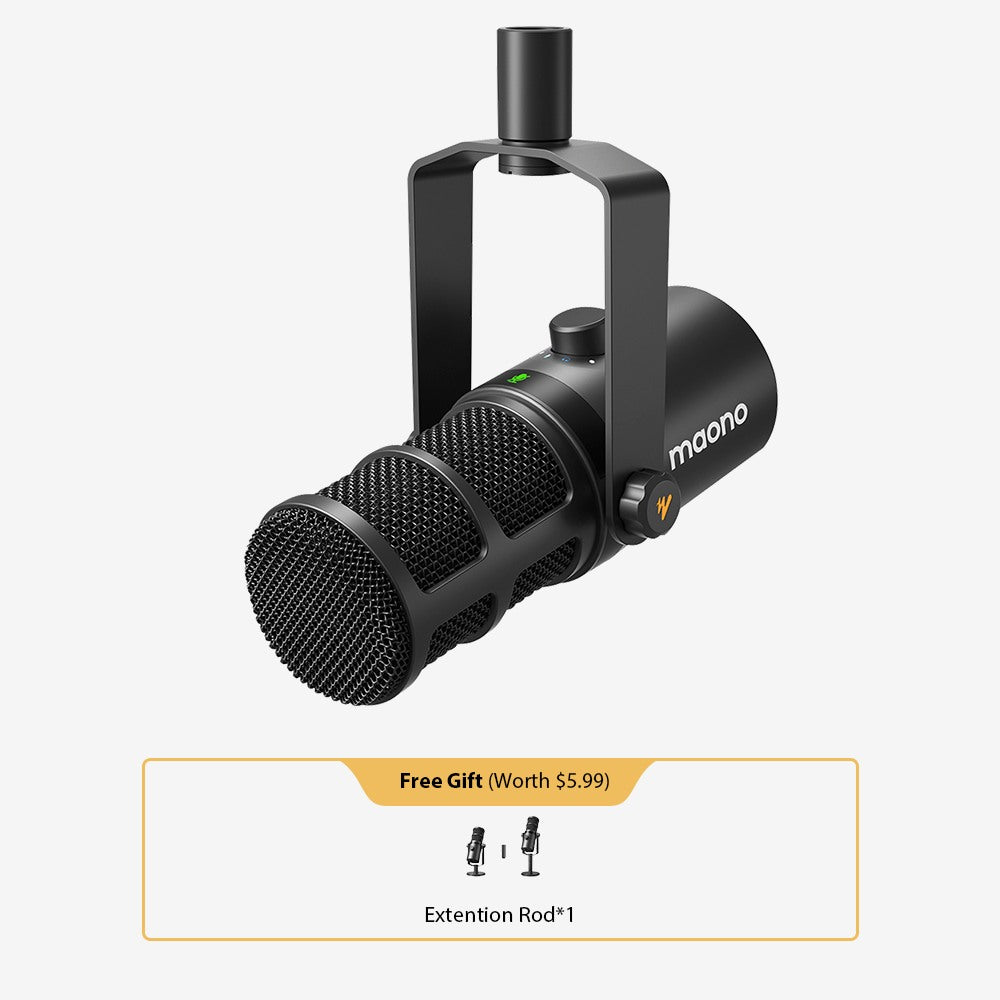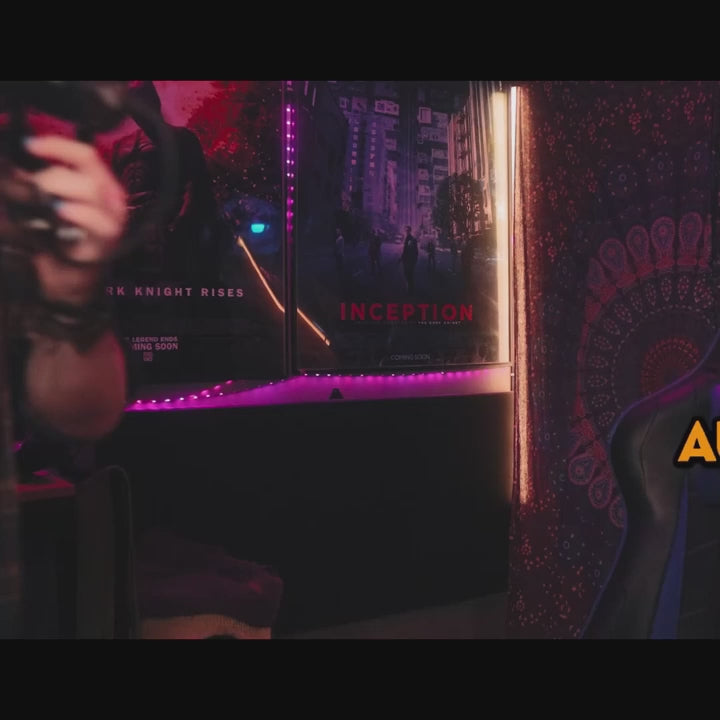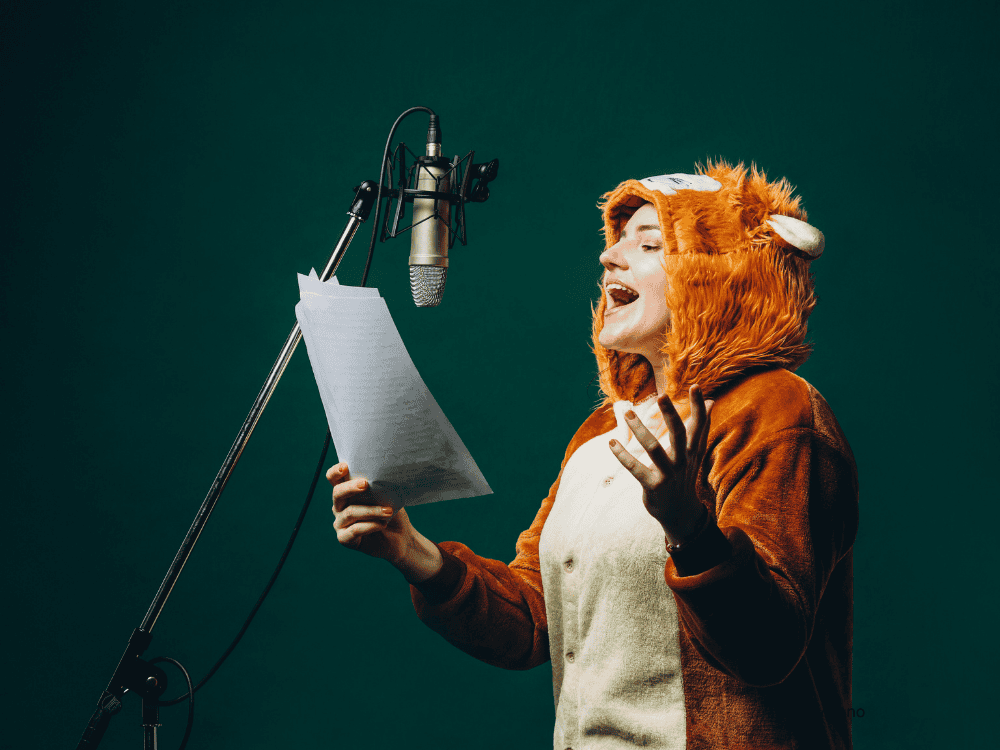When it comes to podcasting, having the right microphone is essential for capturing high-quality audio. The market offers a wide range of options, including both XLR and USB podcasting microphones.
But which type of usb/xlr mic is better for podcasting? In this article, we will explore the differences between XLR and USB microphones, and how they impact your podcasting experience.

Understanding XLR and USB Microphones

XLR microphones are professional-grade microphones that use an analog audio connection. They require an audio interface or mixer with XLR inputs to connect to your recording device.
XLR microphones offer superior audio quality, wider frequency response, and better signal-to-noise ratio compared to USB microphones. They are commonly used in recording studios and professional broadcasting setups.

USB microphones are plug-and-play microphones that connect directly to your computer or recording device via a USB port. They have a built-in analog-to-digital converter, eliminating the need for additional equipment.
USB microphones are popular among beginners and podcasters who prefer a simple setup and ease of use. They offer convenience and portability without compromising too much on audio quality.
Audio Quality Comparison
XLR podcasting microphones are known for their exceptional audio quality. They capture a wide range of frequencies, resulting in a more accurate and detailed sound reproduction. XLR podcasting microphones also provide better control over gain, allowing for precise adjustments and minimizing background noise.
If you prioritize the highest audio standards for your podcast, an XLR podcasting microphone is the way to go.While USB podcasting microphones may not match the pristine sound of XLR microphones, they still deliver excellent results for most podcasting applications.
In recent years, USB podcasting microphones have made significant advancements, offering impressive audio quality for podcasting. They are suitable for podcasters who prioritize simplicity, portability, and convenience without compromising too much on sound quality.
Flexibility and Expandability
One of the major advantages of XLR podcasting microphones is their flexibility and expandability. With an XLR podcasting microphone, you have the freedom to choose from a wide range of audio interfaces, mixers, and preamps. This allows you to customize and upgrade your setup as your podcasting needs evolve.
XLR podcasting microphones are also compatible with a variety of professional audio equipment, giving you more options for advanced recording and production techniques.While USB podcasting microphones are ideal for podcasters who prioritize simplicity and portability. They offer a plug-and-play experience, making them incredibly user-friendly and accessible to beginners.
However, USB podcasting microphones have limited expandability options. They are designed for direct connection to computers or mobile devices and do not provide the same level of flexibility as XLR microphones.

Choosing the Right Microphone for Your Podcasting Needs
To determine which microphone is better for your podcasting needs, consider the following factors
1. Audio Quality
If you prioritize audio quality and plan to invest in professional audio equipment, an XLR podcasting microphone is the way to go. XLR podcasting microphones offer superior sound reproduction, capturing every nuance of your voice and delivering a broadcast-quality result. USB podcasting microphones, while still capable of producing a good sound, may not match the level of clarity and detail provided by XLR podcasting microphones.
2. Portability and Convenience
USB podcasting microphones excel in terms of portability and convenience. They are a plug-and-play solution, allowing you to record podcasts from any location with ease. USB podcasting microphones are ideal for podcasters who are always on the go or prefer a simple setup without the need for additional equipment.
3. Budget
Consider your budget when choosing between USB and XLR podcasting microphones. USB microphones tend to be more affordable, as they eliminate the need for an audio interface or mixer. XLR podcasting microphones, on the other hand, require additional equipment, which can increase the overall cost. However, investing in an XLR podcasting microphone setup can provide long-term value and flexibility as you grow your podcasting journey.
MAONO Podcast Recording Bundles
MAONO offers a wide range of podcast recording bundles and recording products to complement your microphone and elevate your podcasting experience. These bundles include essentials such as headphones, boom arms, pop filters, and shock mounts, ensuring professional-grade audio recording.

The built-in XLR dynamic podcasting microphone capsule of MAONO PD200X can help you capture deep bass, delicate treble, and crisp midrange. It has USB and XLR outputs and is compatible with computers and professional interfaces. In addition to the microphone, the bundle also includes the essential headphones, stand, and sound card of high-quality podcasting set to easily start the podcasting experience.

MAONO PM422 USB podcasting microphone can be easily connected to the computer. The zinc alloy metal microphone frame and high-quality metal arm bracket can isolate the USB podcasting microphone from noise, shock, and environmental vibration, and can protect the microphone in all directions. The pop filter and windscreen can reduce the interference of wind and saliva, and the recording is clearer, which is very suitable for podcasting.
Tips for increasing your podcast's visibility
1. Social Media Marketing
Utilize social media platforms to promote your podcast. Create dedicated pages or profiles and share engaging content, episode teasers, and behind-the-scenes glimpses to attract new listeners.
2. Collaborations
Collaborate with other podcasters or influencers in your niche. Participate in guest appearances on their shows or invite them as guests on your podcast. This cross-promotion can help expose your podcast to new audiences.
3. Podcast Directories
Submit your podcast to popular podcast directories, such as Apple Podcasts, Spotify, Google Podcasts, and Stitcher. Optimize your podcast's description and use relevant keywords to improve discoverability.
4. Website and Blog
Create a dedicated website for your podcast where listeners can find additional resources, show notes, and contact information. Consider writing blog posts related to your podcast's topic to attract organic traffic and engage with your audience.
5. Email Marketing
Build an email list of dedicated listeners and send regular updates, episode announcements, and exclusive content to your subscribers. This helps foster a direct connection with your audience.
Finally, stay informed about the podcasting industry trends and adapt your strategies accordingly. Attend industry events, join podcasting communities, and listen to other successful podcasts to gain insights and inspiration.
Write at the end
Both XLR and USB podcasting microphones have their advantages and are suitable for different podcasting needs. If you prioritize the highest audio quality, flexibility, and expandability, an XLR microphone is the ideal choice. On the other hand, if simplicity, convenience, and portability are your main concerns, a USB microphone will serve you well.
MAONO is here to support you with high-quality podcasting equipment, empowering you to create captivating and professional podcasts that resonate with your audience. Start your podcasting journey today and make your voice heard with MAONO's exceptional podcast microphones.






















